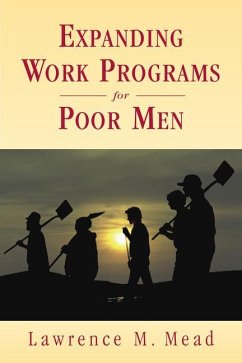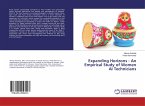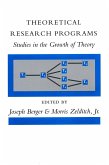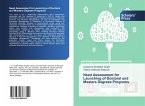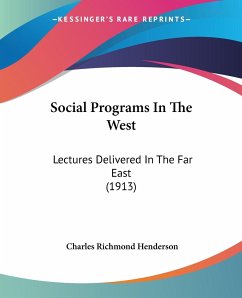Expanding Work Programs for Poor Men makes the case that poor fathers, like poor mothers, need "both help and hassle." That is, poor men need more help from the government, but they must also be expected-and required-to help themselves. Drawing on welfare reform as a successful precedent, Lawrence M. Mead explores the psychology of male nonwork and evaluates the successes and failures of existing government programs for poor men, including child support and conditions of parole. These programs have succeeded in increasing work levels among poor men by requiring that they provide income to support their families or maintain a job to avoid returning to prison. Although both programs rely on legal enforcement, they are most effective when enforcement is coupled with incentives. Mead suggests that child support and parole conditions offer a useful model for future men's work programs, which should be mandatory and enforced, but combined with rewards for steady work, such as higher wage subsidies for low-income workers.
Hinweis: Dieser Artikel kann nur an eine deutsche Lieferadresse ausgeliefert werden.
Hinweis: Dieser Artikel kann nur an eine deutsche Lieferadresse ausgeliefert werden.

